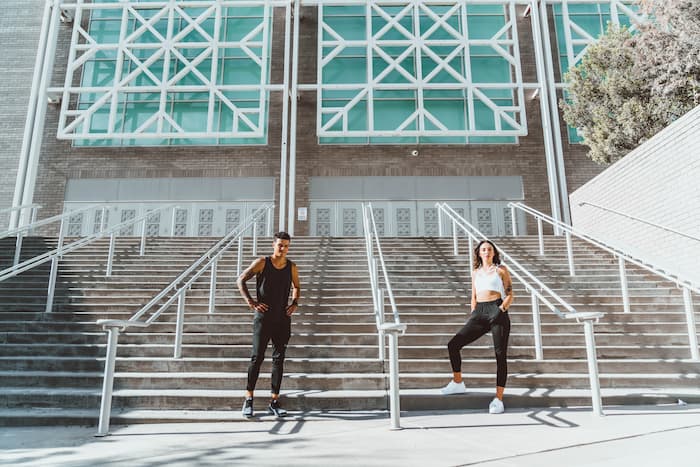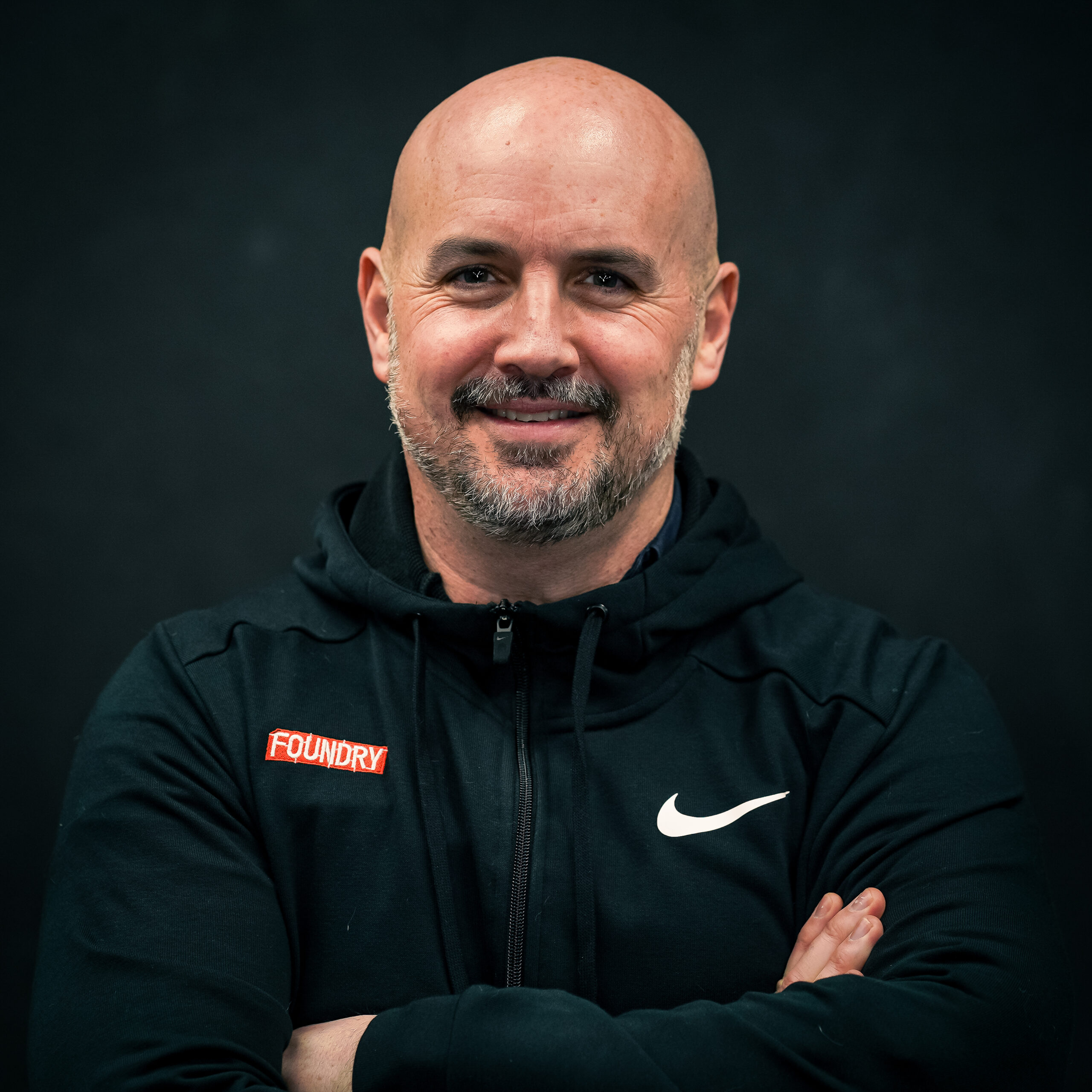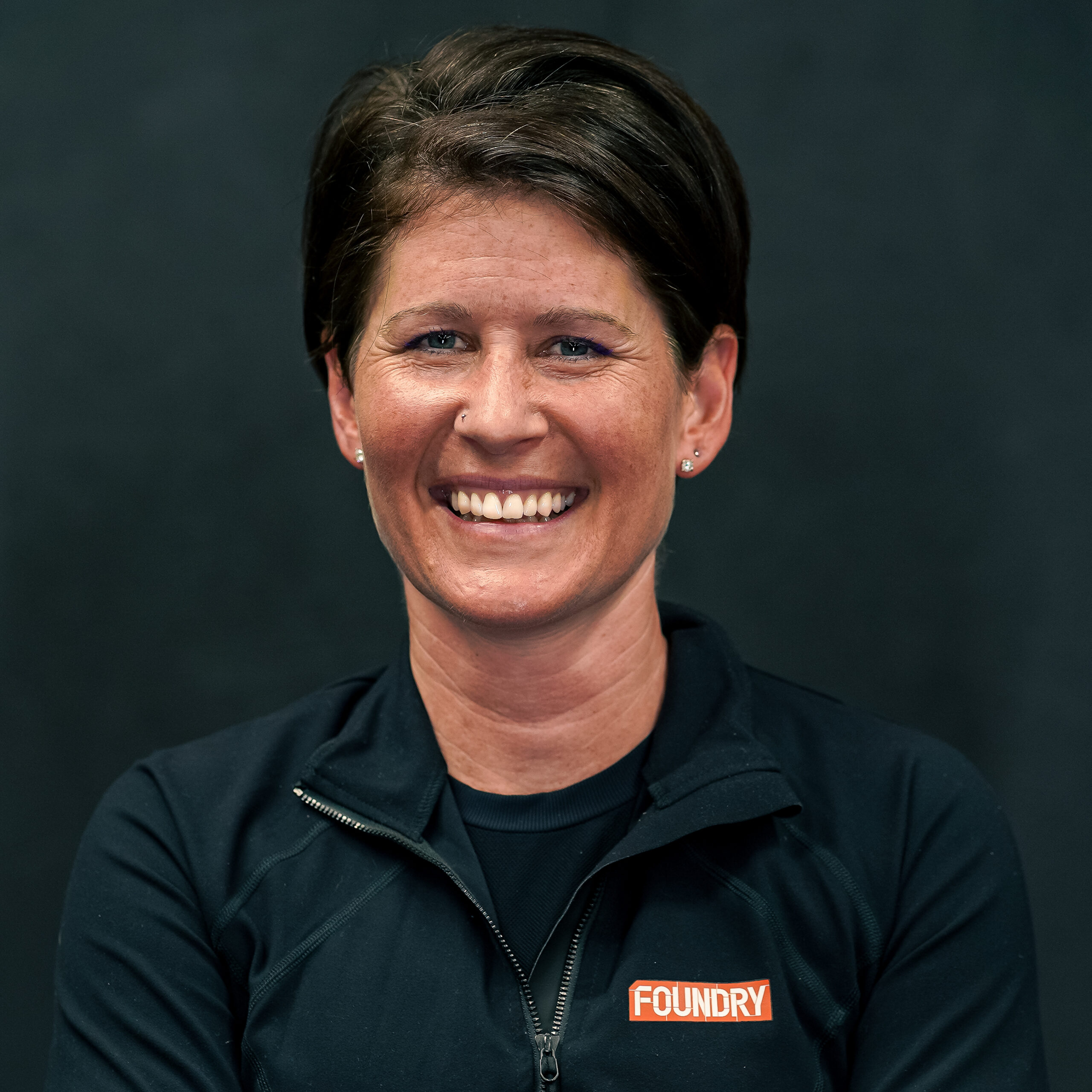
Categories
The Importance of Technical Competence for the Office Athlete
‘Office athlete’ is a term I use to describe anyone who does not earn a living playing sport. Moving and doing athletic things is what every single human being on the planet is designed to do whether you an elite athlete or corporate accountant, NO EXCEPTIONS! Therefore in order to maintain health, (including body composition) proper function and to carry out the activities of daily living we must train in a way that supports these goals.
This means we must do things that challenge our entire system both neuromuscular and metabolic and use exercises that reflect the demands of our daily lives. Easy examples of these are the use of deadlifts and loaded carries. These exercises are specific to daily living in that we all pick things up and carry them. I have come across many people who, when asked how they injured their back for example said ‘I was just picking up a box and my back went’. Being strong is the best way to prevent common injuries we see all the time as well as maximise our training time and performance outcomes.
Basically put, our bodies adapt and get stronger when we apply resistance to overcome and we must use this principle in training to improve our basic function to live. Further to this our bodies are a complex matrix of interacting systems that need to be constantly challenged in order to adapt and improve.
It is here where I get to crux of the article. If we train using exercises that have very little technical difficulty and require no mental engagement then we are cheating ourselves by not exposing our systems to enough stimulus to adapt, improve and protect us against the stresses and strains of daily living. Further to this we run the risk of injury, illness and poor body composition (being fatter!).
Hopefully you are now convinced of the need to use more complex, mentally challenging exercises that require higher levels of co-ordination in order to improve. By the very nature of being more complex these exercises demand higher levels of technical competence and mental engagement to get the maximum benefit and can be difficult to learn in some cases. Strength exercises such as squats, deadlifts, kettlebell lifts and metabolic exercises like rowing are all technically demanding, tough to fully master but also promise the most (to steal a business term) return on investment.
If you invest time, effort and mental engagement into something (such as setting up a business) you would naturally desire and expect to see a positive outcome. We must apply this principle to learning important exercises in the training environment. If we do not invest the required time and mental effort in mastering these exercises then expecting anything more than sub-optimal results would be misguided and borderline delusional!
In 10 years of coaching professional athletes and office athletes alike, the biggest difference between those who make improvements and achieve their goals and those who stagnate and fail is the level of mental engagement and attention to detail during sessions. Those who spend time and effort really trying to improve their technique so they can properly overload them make the quickest progress and maintain that progress long term. Those who spend sessions thinking about other things and ‘half arsing’ it get nowhere quickly.
I implore you to become a ‘student’ rather than just another ‘person that gyms’. Try to read around WHY what you are doing is good for you and HOW to get the most out of your training and nutrition. I find nothing more fun than answering a tricky question from someone who has read up on exercises technique and wants to know more!
So the next time you are training I encourage you to really pay attention to how well you are performing every exercise. I often encourage athletes to look to ‘gain maximum style points’ on lifts which basically means do it as well as you can! Make sure you’re fully focused on hitting depth on your squats for maximal muscular activation, really feeling the contraction during a band pull-apart and properly bracing your trunk during a heavy deadlift to ensure a strong and safe lift.
If you are fully focused on these things I guarantee you will get a better training response, have more fun in sessions and better maintain the progress you make.
Happy training, be strong!
Our mission is to help people live their best lives outside of the gym by providing the best possible standards of personal training in London.
Related Articles
- Fitness Truths: 5 Essential Fitness Rules
- Why am I Training Like An Athlete?
- Choose a Coach, Not a Trainer
- Do The Basics and Do The Basics Really Well
- Speed Training for Endurance


